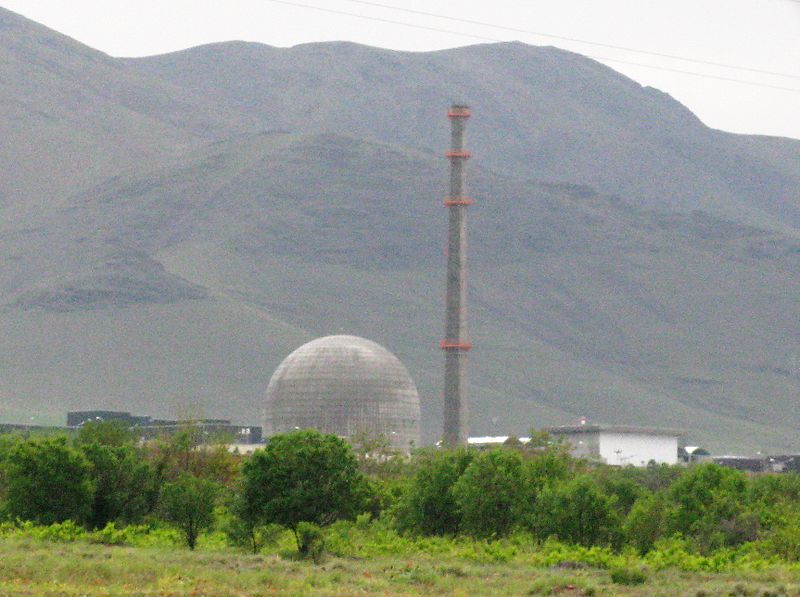
Is There Light at the End of the Nuclear Tunnel?
Over the past two weeks there have been a series of amazing and promising developments with the Iranian nuclear program and its situation. Beginning with the P5+1-Iran meeting two weeks ago, the American view on Iran’s intractability for dealing with its nuclear program has begun to soften. Now, experts believe that the threat of conflict with Iran is less likely and that the revival of negotiations has tempered the rhetoric on both sides.
The effects of recent sanctions has created an economic crisis in Iran, causing the Rial to lose half its value since the sanctions were stepped up in two years ago and forcing Iran to pay for imports with gold or accept foreign currency to pay for Iranian exports. This makes it appear that the affects of enhanced sanctions from the United States and the EU along with the specter of additional sanctions beginning in July has made the Iranian’s more flexible in their dealings with the United States.
Whatever the reason, the negotiations that occurred two weeks ago were more successful than either the American or European negotiators envisioned. Iranian leaders as well have worked to portray the negotiations as a success raising the possibility that Iran is preparing for a deal with the west.
Furthermore, Iran is considering a proposal by Russia to halt the expansion of its nuclear program in order to avert new sanctions. Under this proposal, Iran would stop building centrifuges and mothball the ones that have not yet been installed. However this does not halt Iranian enrichment, a key demand of the United States and the EU, and only stops the expansion of the program.
Another major development is the stinging retributions of Benjamin Netanyahu’s leadership and dealings with Iran. Two former Israeli government officials, Yuval Diskin, the former head of Shin Bet, the Israeli internal security service and Ehud Olmert, a former Prime Minister, have taken shots at Mr. Netanyahu’s handling of the situation in the past week.
Mr. Diskin accused the Prime Minister of “misleading the public” about the effectiveness of Israeli strikes against Iranian nuclear facilities. And Mr. Olmert cautioned the Netanyahu-led government against rushing into attacking Iran.
Another Israeli official, Lt. Gen. Benny Gantz the IDF Chief of Staff, told Haaretz that he believes that not only is Iran rational but has not decided to make a nuclear weapon. This view is consistent with the US and Israeli military and intelligence services that Iran has not yet made a decision to build a bomb.
What affect if any, these recent statements will have are not yet clear but it is interesting that retired and active members of Israel’s security services and military are breaking with the Israeli government. But the views of former Israeli leadership will not greatly affect PM Netanyahu, who still views the Iranian nuclear program and enrichment capability as an existential threat to Israel.
Therefore, there are still major obstacles in the way of a deal on the Iranian nuclear program. At the core of the problem is crafting an agreement that will satisfy the all three parties who have vastly different threat perceptions and political challenges. The divergent views and demands for each side are summed up by James Fallows of the Atlantic:
– the Iranians, who insist on the right to some uranium-enriching capacity within their borders, for “peaceful” purposes, as in principle they can do under the terms of the Non-Proliferation Treaty;
– the United States (and a slew of other countries), who insist on for-real, intrusive inspections to make sure that the enrichment stays within those peaceful terms; and
– the Israeli government, which is so skeptical of any guarantees, commitments, or even inspections involving the Iranians that it believes it cannot safely live with any Iranian enrichment capacity at all.
Reconciling all three countries will be a monumentally difficult task and it is not clear yet whether or not these negotiations that will take place on the 23rd will do much to achieve this goal. Whether this is the light at the end of the tunnel or just the headlight of another crisis is yet to been seen.






[…] Gold: Is There Light at the End of the Nuclear Tunnel? […]